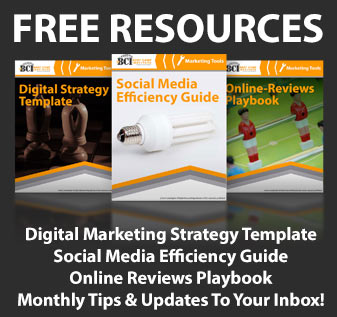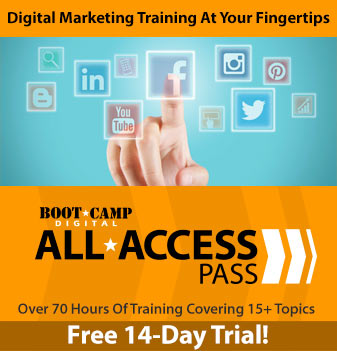
If you want to connect with meeting planners, conference organizers or build a loyal and interested audience, social media is the place to be.
This post will cover WHY social media is important. In my next post I will cover HOW to use social media.
1) Build Your Brand
Social media is a powerful way to build your brand and really bring it to life. Many speakers want to be known as “experts” or “subject authorities” in the area that they speak about. By creating relevant content and sharing it on social media sites, you can show that you are the expert vs. just describing yourself as one on your website. Use social media to showcase your expertise and really position yourself as a leader.
2) Build Know, Like, Trust
It is universally known that we do business with people we Know, Like and Trust. Social media is a great way to build these three key elements. First, the more that people see you and your brand the more they know you. Strengthening connections on sites like LinkedIn, Twitter and Facebook is key to building the knowing. Next is liking and trusting. We know that people like you more the more they see you (this is actually proven), so visibility has its benefits. In addition, as you share parts of your personality and build common ground through social media, people will like you more. Building trust links back to the earlier point of building your brand – the more you talk about what you do in a relevant and authoritative way, the more people will trust you.
3) Connect With Buyers/Bookers
The biggest thing that most speakers want is to get more speaking gigs. The more that you are out there – increasing your visibility and talking about what you do, the more likely you are to get word of mouth referrals. People who book speakers (like all people these days) are active on social media – and so you should be there too.
4) Connect with Your Audience After the Event
The goal of most speakers is to have a positive impact on the audiences that they interact with – and ideally to continue that relationship after the event. Attendees can become your biggest advocates if you are a great speaker. Connecting with your audience after the event through social media allows you to continue to build a relationship.
5) Promote Your Other Services
Many speakers don’t just speak – they are consultants, authors, coaches or are selling other products. Building relationships with your fans, customers and contacts allows you to stay top of mind, and remind people of the service that you sell that they might not already be aware of.































Speak Your Mind